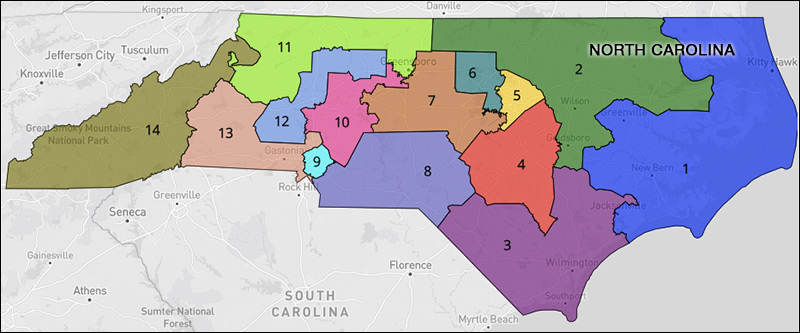By Jim Ellis
March 29, 2022 — A Los Angeles, Calif. jury convicted Nebraska US Rep. Jeff Fortenberry (R-Lincoln) of three felony counts late last week, two involving campaign finance. The jury ruled he concealed illegal campaign funds received from a foreign national, and lied to federal investigators.The congressman announced over the weekend that he will resign from the House on March 31, answering the call of both parties’ leadership to do so.
Rep. Fortenberry further says he will appeal the verdict and wrote in his official open resignation letter that “due to the difficulties of my current circumstances, I can no longer serve you (meaning his constituents) effectively.”
Since Nebraska’s candidate filing has closed and contenders certified, it is unclear at this time whether the congressman’s name can be removed from the primary ballot. The only ballot-related deadline that has not passed in relation to the May 10 primary is the period before April 4 when county clerks can make “corrections” to the ballot.
State Sen. Mike Flood (R-Norfolk) is the leading GOP candidate in Fortenberry’s absence. Retired Air Force officer John Glen Weaver, teacher Thireena Yuki, and welder Curtis Huffman round out the Republican congressional field. The consensus Democratic candidate is state Sen. Patty Pansing Brooks (D-Lincoln).
Now that Rep. Fortenberry is resigning, Gov. Pete Ricketts (R) will call a special election to fill the balance of the term. Under Nebraska law, since the seat will open before Aug. 1 of the even-numbered year, the special election must be scheduled within 90 days of the official date of vacancy. In this case, the vote must be held on or before June 28.
There will be no primary special election under Nebraska procedure. Nominations will come from the qualified political parties, handled through the 1st Congressional District committees of the various entities. A single-party candidate must be chosen and ballot qualified no later than 65 days before the scheduled election. Qualification refers to meeting the constitutional candidate requirements, filing the proper signature petitions, and paying relevant fees.
It is presumed the Republican and Democratic committees will turn to their leading candidates in state Sens. Flood and Brooks for the two major party nominations, but they don’t necessarily have to pursue such a direction because the special election’s candidate deadline will occur before the regular primary election. It would make little sense, however, for the parties to nominate someone other than their leading contenders, because the new individual(s) would not be able to run in the general election since the regular candidate filing period has closed.







